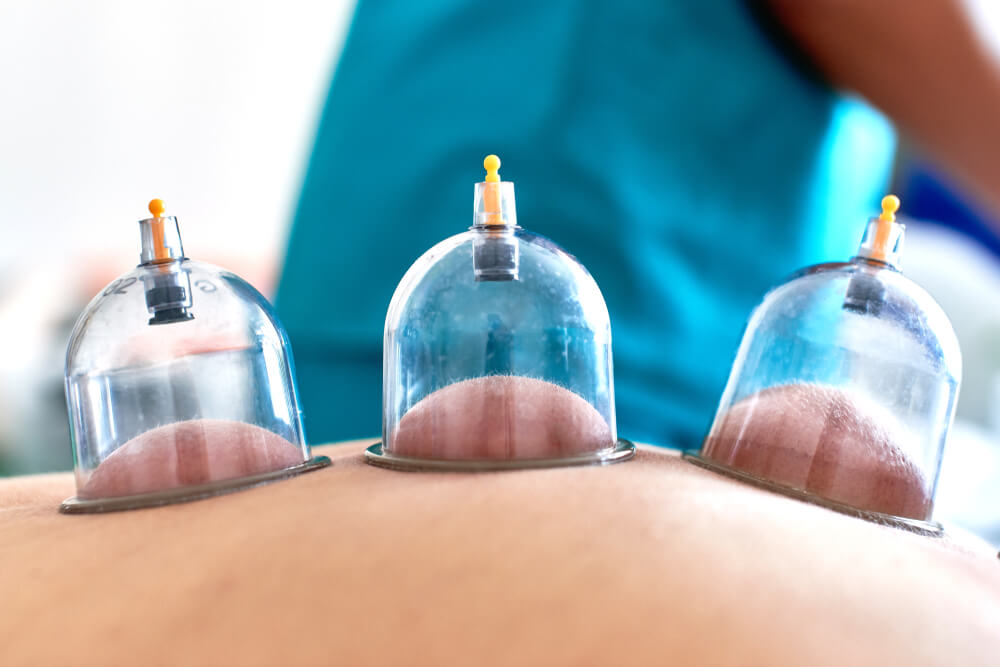What is Joubert Syndrome:
Joubert Syndrome (also known as cerebello-oculo-renal syndrome IV) is a rare genetic disorder caused by a malfunction in a part of the brain called the cerebellar vermis (the bridge of the cerebellum).
This syndrome involves the incomplete development of the cerebellar vermis, leading to severe sensitivity to bright lights, causing affected individuals to be unable to see anything in bright light.
Symptoms:
Most signs and symptoms of Joubert Syndrome appear very early in childhood, and most children experience developmental delays. Symptoms vary among individuals with this disease.
- Some cases may be mild, while others are severe and chronic. The symptoms include:
- Developmental delay and varying degrees of intellectual disability.
- Hypotonia (muscle weakness).
- Unusual facial features, such as widely spaced eyes, small earlobes, a broad forehead, arched eyebrows, and a wide mouth.
- Rapid breathing episodes or apnea.
- Difficulty processing sensory information and interacting with it.
- Rapid involuntary eye movements, known as nystagmus.
- Severe vision impairment, termed Leber congenital amaurosis.
- In rare cases, liver fibrosis.
- In some specific cases, polydactyly (extra fingers or toes).
- Extra folds between the gums, tongue, and mouth.
Treatment:
- Many seek a cure, but currently, there is no cure for Joubert Syndrome. Available treatments focus on alleviating the symptoms experienced by the affected individual. The choice of treatment plan depends on the symptoms present and includes the following options:
- For children with nighttime breathing disorders, relief is provided by using a device to monitor breathing at home, especially at night.
- Physical and occupational therapy helps individuals adapt to their condition.
- Speech therapy is provided by speech and language specialists.
- Specialists review any cardiac, renal, ocular, or neurological issues based on the symptoms presented.
Regular check-ups are conducted to prevent complications, such as liver disease or retinal issues, for timely treatment.

